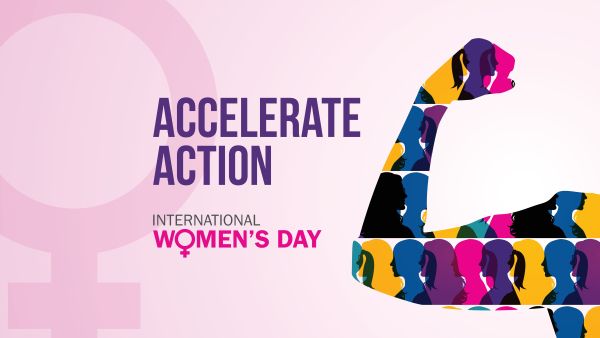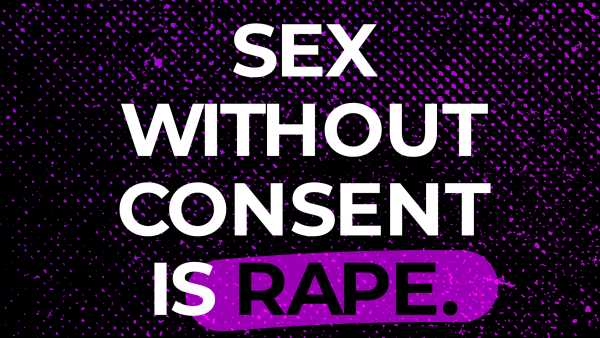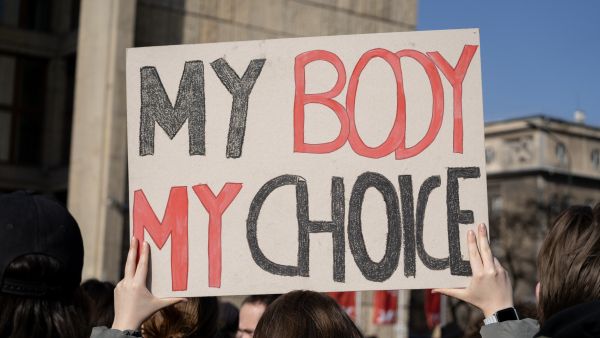S&D Euro MPs called on EU member states to reduce the gender pay gap between men and women by 2% over the next five years, during the European Parliament’s plenary session today in Brussels.
Despite progress in recent years, women still earn on average 16% less than men for the same job. This means that women would have to start working 10 years earlier in order to earn as much as men in their working career.
The S&Ds have long campaigned for equal pay for work of equal value and demanded a revision of EU law to improve the situation. We want to introduce mandatory transparency for pay reports, gender action plans in companies and audits to reduce pay gaps.
S&D Group spokeswoman on women's rights and gender equality, Iratxe García Pérez MEP, said:
“Today is gender pay gap day. The least we can say is that there is a lot to do to improve the situation for millions of working women in Europe who earn less than their male colleagues. Indeed, although women have equally good or sometimes better qualifications than men, often their skills are not valued as highly as men's and their career progression is slower. This situation results in an average gender pay gap of 16% in the EU. This is not only illegal and discriminatory against women, but also socially unjust because unequal pay will eventually lead to a serious pension gap, currently 40% on average across the EU member states.
“As long as the gender pay gap exists, we cannot call our society a fair and equal society. This is why we call on companies to publish salaries and to adopt gender action plans to ensure equality between women and men.”
Zita Gurmai, president of PES Women and leader of the ‘Start sooner for an equal pay later’, campaign, added:
“It is unacceptable that European women in the 21st century still earn 16% less on average in the EU. They would have to work two months more each year – until 1 March of the following year – to earn the same as their male colleagues. This is why on European Equal Pay Day, PES Women has launched the video 'Start sooner for an equal pay later' to raise awareness and put pressure on the EU to take practical steps to close the gap by 2% per member state per year for all age groups, including audits to monitor the developments and dissuasive sanctions.”
Background information on the gender pay gap:
The gender pay gap refers to the difference in average gross hourly wages between men and women across the economy.
The gender overall earnings gap is the difference in average annual earnings between men and women.
• Across the EU, women learn 16.3% less than men per hour
• Women would have to work 10 years more or start 10 years sooner to earn as much as men in their lifetime
• Only 2.8% of CEOs are women
• Lower earnings equal lower pensions for women: 22% of women will be faced with the risk of poverty in retirement compared to 16% for men
• Pay gaps gap vary by country: the countries that perform the best are Italy (7%) and Bulgaria (15%), whereas the countries that perform the worst are Estonia (28%) and Germany (22%)
• Among the factors accounting for the gender pay gap are: the fact that managerial and supervisory positions are overwhelmingly held by men; women undertaking important unpaid tasks such as household work and caring for children; career interruptions; segregation in education and the labour market; and pay discrimination.
• Currently, the average overall earnings gap between women and men amounts to 41.1% in the EU.
• The gender earnings gap is due to lower hourly earnings, working fewer hours in paid jobs and lower employment rates
The Equal Pay Day initiative was established to promote the efforts of progressive women’s organisations to address the issue of the gender pay gap.
Watch the Equal Pay Day 2017 PES campaign video









